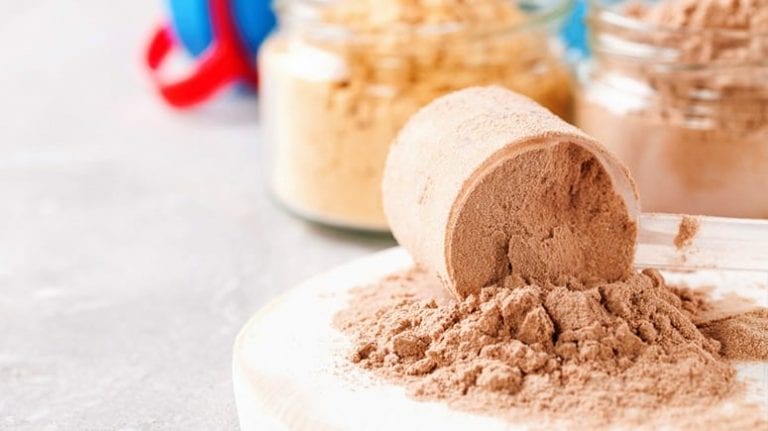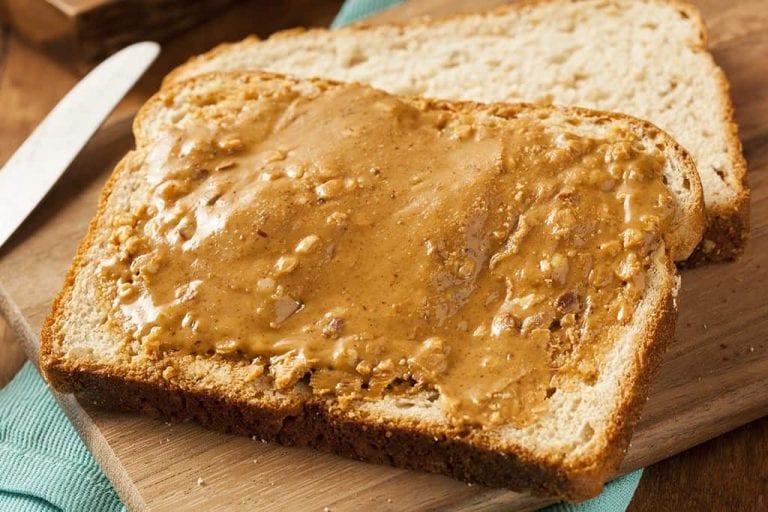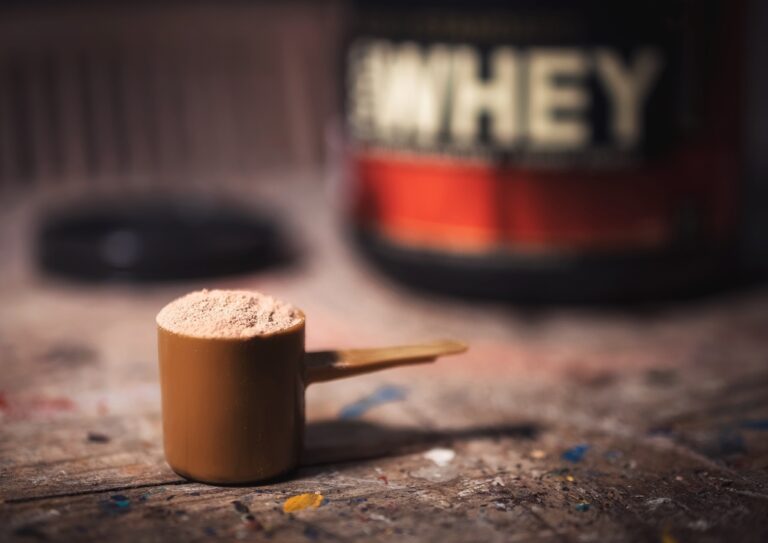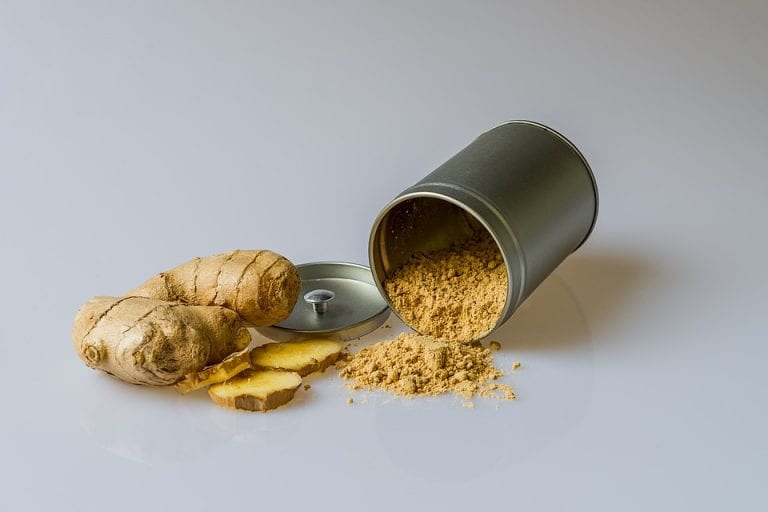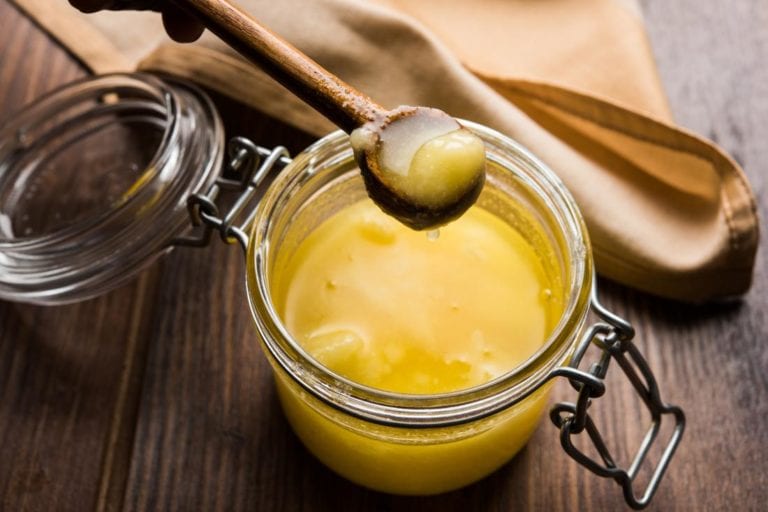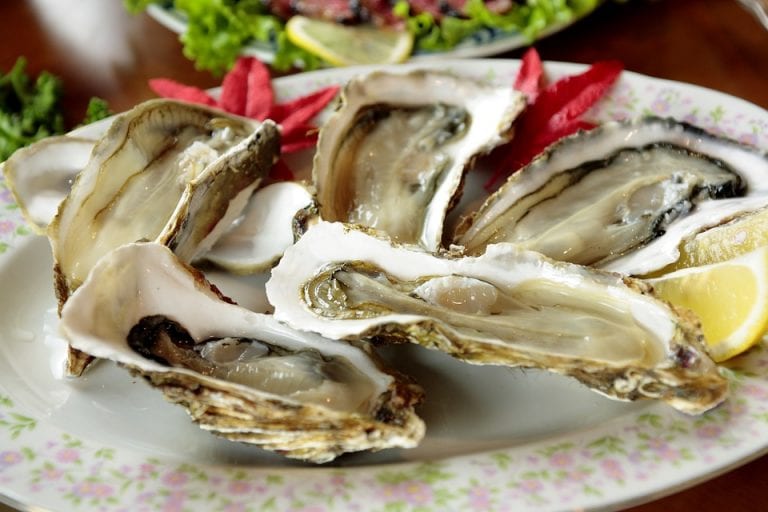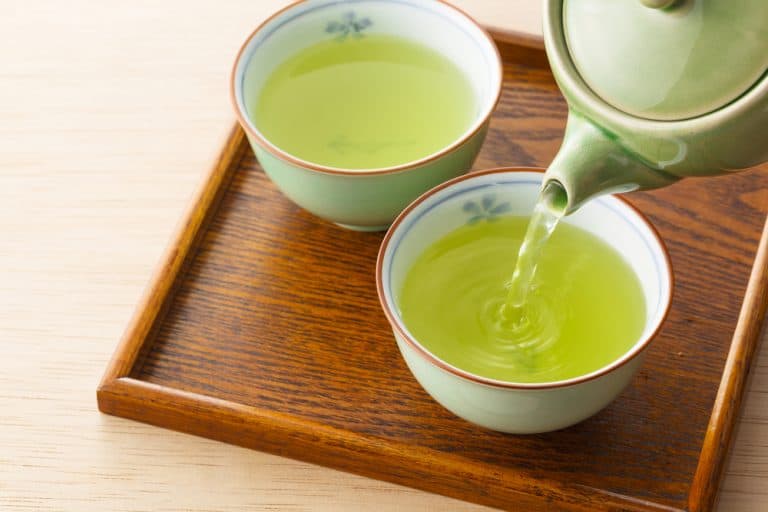From a daily habit to a special treat, raw seafood has becoming more and more popular in the United States. Of course, they are tasty and can be combined with many other ingredients to create a unique mix. But is that sushi of yours truly that healthy?
We end up eating the very toxins we’re trying to get rid of!
Let’s think about this way. Ocean pollution is a real thing and it’s been scientifically proven how water from all over the globe are being contaminated. As recent studies have shown, one of the most concerning contaminants is methylmercury, which is found in dangerous amounts in both fish and shellfish.
Food Poisoning: A Real Concern Nowadays
Sadly enough, it might actually be good if methylmercury was the only dangerous substance found in seafood. We all probably think the same way: what harm could a bit of food do to us from time to time?
Although that may be true, there still are many dangers to look after – and it only takes one bite to get a problem.
In fact, the most common types of food poisoning come from eating raw or undercooked fish and shellfish! Have you ever heard of Salmonella or Vibrio vulnificus? Those are your biggest enemies. If you are a raw oyster fan, you should particularly be informed about Vibrio infections.
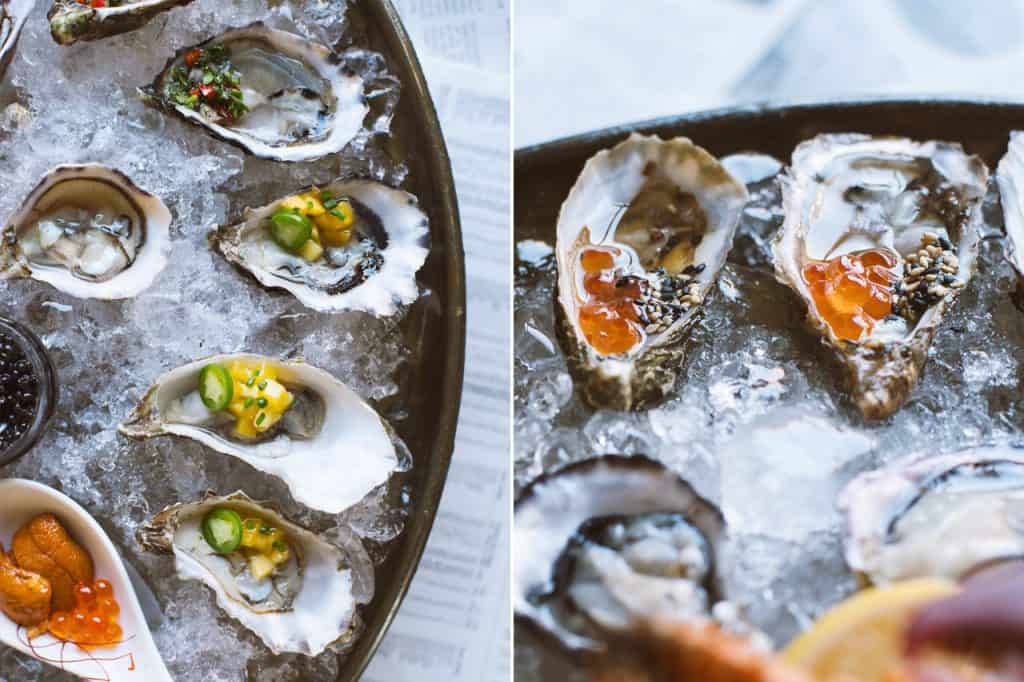
Vibrio vulnificus is a bacterium that lives in warm seawater and, although it’s not caused by pollution, it’s still pretty dangerous. Yes, it’s not dangerous, but it’s a good reason to be very cautious when it comes to choosing the right restaurant.
How to Stay Safe
Here are a couple of tips that help you stay clear from infections as much as possible:
At the market
- Always check if the seafood you’re about to buy is properly refrigerated below 40 degrees F;
- Choose fish that has shiny, firm flesh; if it smells way more ‘fishy’ than it usually does, don’t buy it.
In your fridge
- Keep fresh fish in air-tight containers, but no longer than two days;
- For foods like live clams, crabs, crayfish, lobsters, mussels and oysters, keep them in well ventilated containers.
Dining Out
- Before going out, do some basic research on the restaurant and check customer reviews;
- Ask your waiter to recommend you some seafood items on the menu, because it’s unlikely that he’ll offer you something older.








